Indian Prime Minister Narendra Modi is likely to win a third consecutive term in the 2024 election, thanks to two key strategies that have garnered widespread voter support: economic development and the veneration of Hinduism.
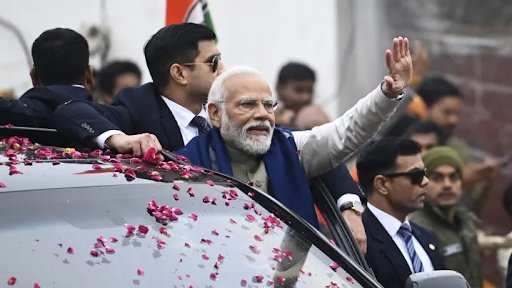 |
| Indian Prime Minister Narendra Modi during a parade on Rampath Road in Ayodhya, Uttar Pradesh, on December 30, 2023. (Source: Hindustan Times) |
2024 promises to be a crucial year for India. The upcoming national elections in April-May will be the focus of attention, as the results will significantly impact national policy. Simultaneously, 2024 could be the third consecutive year that India becomes the world's fastest-growing major economy.
According to The Guardian , in the current political climate, experts generally agree that Prime Minister Modi and his Bharatiya Janata Party (BJP) will win the upcoming general election.
Specifically, the results of state-level polls on December 3, 2023, gave Prime Minister Modi a significant advantage, with his BJP party winning three major state elections in December (Hindi Chhattisgarh, Madhya Pradesh, and Rajasthan). Meanwhile, the opposition Indian National Congress (INC, also known as the Indian National Congress) only won in the southern state of Telangana.
Following this victory, Modi confidently predicted that “three consecutive top finishes in these state elections have secured his victory in the 2024 national election.”
Economy leads the way
At the recent 10th Vibrant Gujarat Global Summit, Prime Minister Modi proudly shared that “At a time when the world faces much uncertainty, India emerges as a new ray of hope.”
In fact, while global growth is projected to slow from 2.6% to 2.4% in 2024, the Indian economy appears to be booming under Prime Minister Modi's leadership. The country's economy grew by 7.6% in the third quarter of 2023, the highest growth rate of any major economy globally.
According to the Financial Times , Prime Minister Modi will leverage his economic achievements during his 10 years in power to solidify his position and credibility in the upcoming election.
Looking back, in 2013, the international financial and investment firm Morgan Stanley identified India as one of the “Five Fragile Economies,” which included Brazil, India, Indonesia, South Africa, and Türkiye. These countries were among the emerging economies at risk due to their heavy reliance on foreign investment to fuel their economic growth.
However, ten years later, India has become one of the world's fastest-growing major economies. According to the multinational professional auditing firm Ernst & Young, India will have a GDP of $26 trillion by 2047. At the same time, the country is also a key destination within the "China Plus One" strategy for companies seeking to reduce their dependence on the Chinese market and expand their business to other countries.
These impressive economic achievements provide a solid foundation for Prime Minister Modi, enabling him to potentially become the first non-Congress Party member to hold the position of Prime Minister for three consecutive terms.
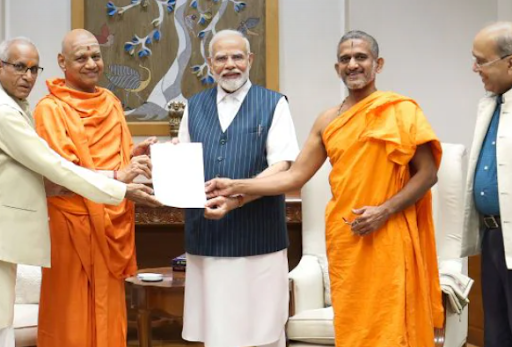 |
| Indian Prime Minister Narendra Modi attended the inauguration ceremony of the Ram temple in Ayodhya on January 22. (Source: BT) |
Honoring Hinduism
Besides the economic sphere, most opinion polls suggest that Prime Minister Modi's BJP party has a high probability of winning the upcoming election thanks to strong support from Hindu voters. Currently, about 80% of India's population follows Hinduism.
The BJP implemented several policies aimed at glorifying Hinduism and leveraging this to boost its election results. One of these was the launch of the Ram Mandir movement, a significant turning point in Prime Minister Narendra Modi's political career.
The Ram Mandir movement focuses on rebuilding the Ram Temple in Ayodhya, considered the birthplace of Ram, one of the most revered deities in Hinduism. For Prime Minister Modi, the reconstruction of the Ram Temple is not only a celebration of Hindu nationalism, but also a core election project of the BJP party.
This would help bolster support among Hindu voters for the BJP and Modi, particularly from densely populated areas such as Uttar Pradesh, Bihar, Maharashtra, and West Bengal.
However, the restoration of the Ram Mandir temple is a controversial issue in contemporary Indian society. The temple has long been the subject of decades-long disputes between the Hindu and Muslim communities. In 2019, the Allahabad High Court in Uttar Pradesh ruled that the disputed land was to be given to the Hindus.
At the same time, the federal government would establish a trust fund to rebuild the Ram shrine, and Muslims would be granted land elsewhere to build mosques. That same year, during his campaign for a second term, Modi pledged to rebuild the Ram shrine.
The Ram Temple began reconstruction in 2020 and is now nearing completion. On January 22nd, India held the inauguration ceremony for the Ram Temple in Ayodhya and opened it to the public on January 23rd. The reopening of the temple ahead of the national general election could create a significant impact, giving Prime Minister Modi a major advantage by appealing to the sentiments of Hindus.
It can be said that Prime Minister Modi is highly likely to win the upcoming election with strong voter support. The combination of economic achievements and the veneration of Hinduism could be the formula for election success for the BJP and Prime Minister Modi. However, Modi still needs to be cautious in his strategy and decisions amidst increasing tensions between Hinduism and Islam.
Source








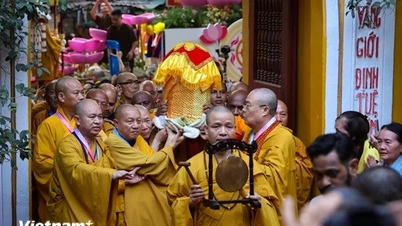

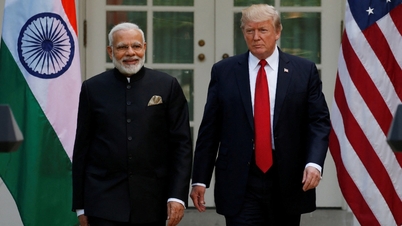

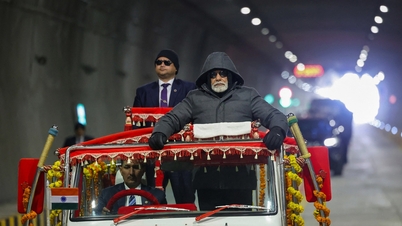
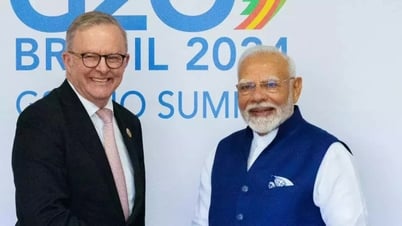
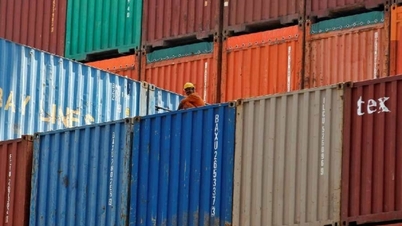





























































































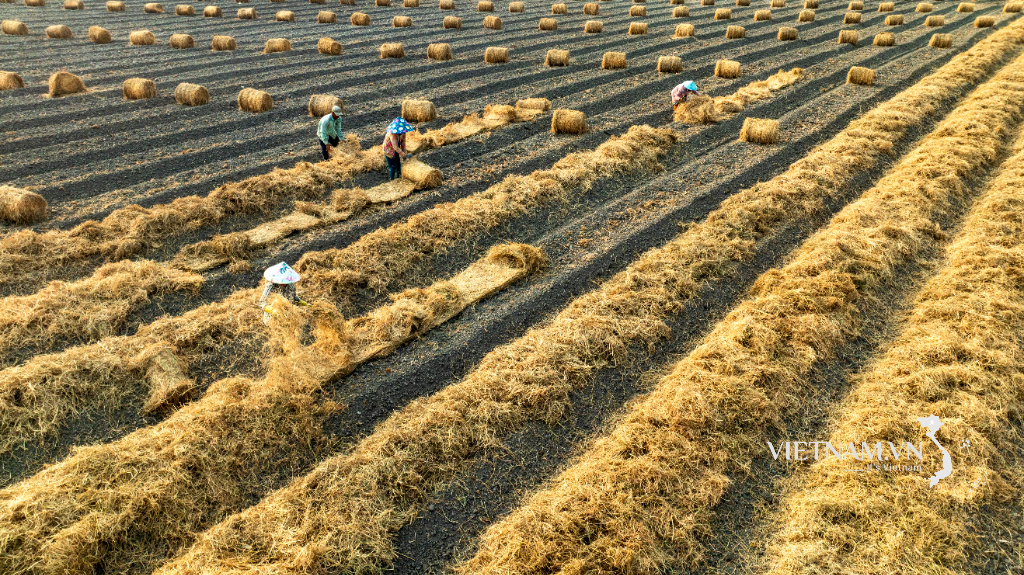
Comment (0)